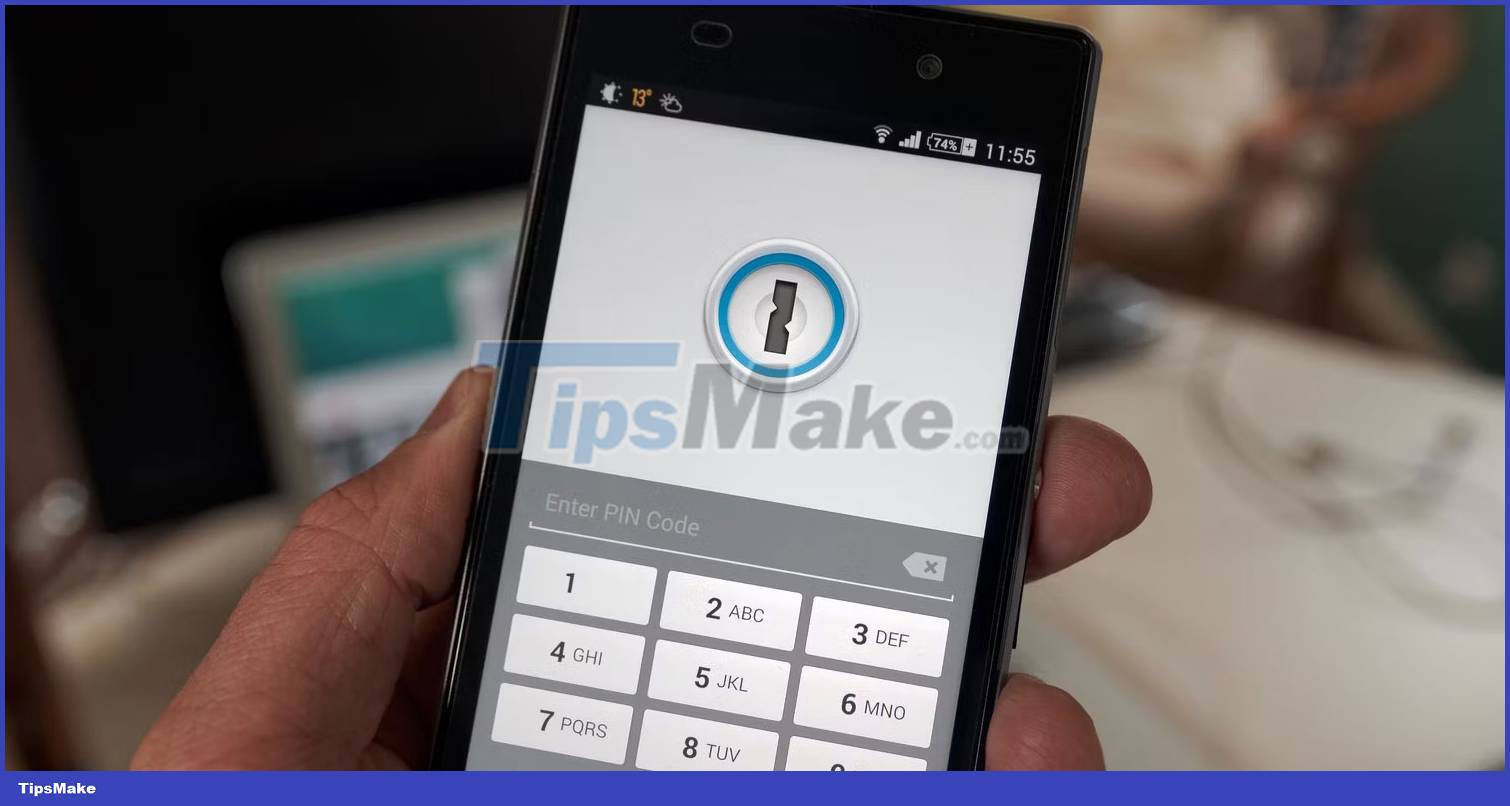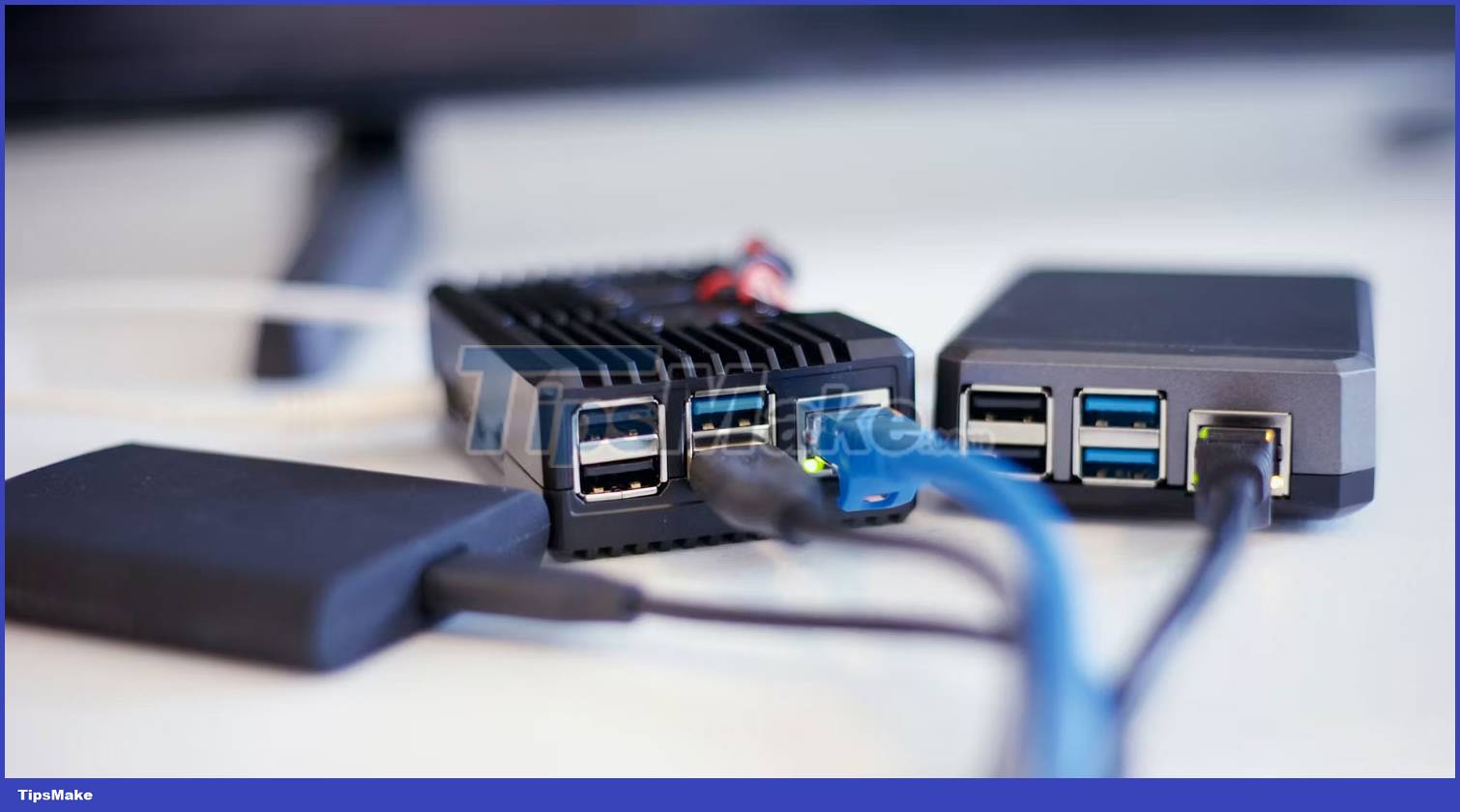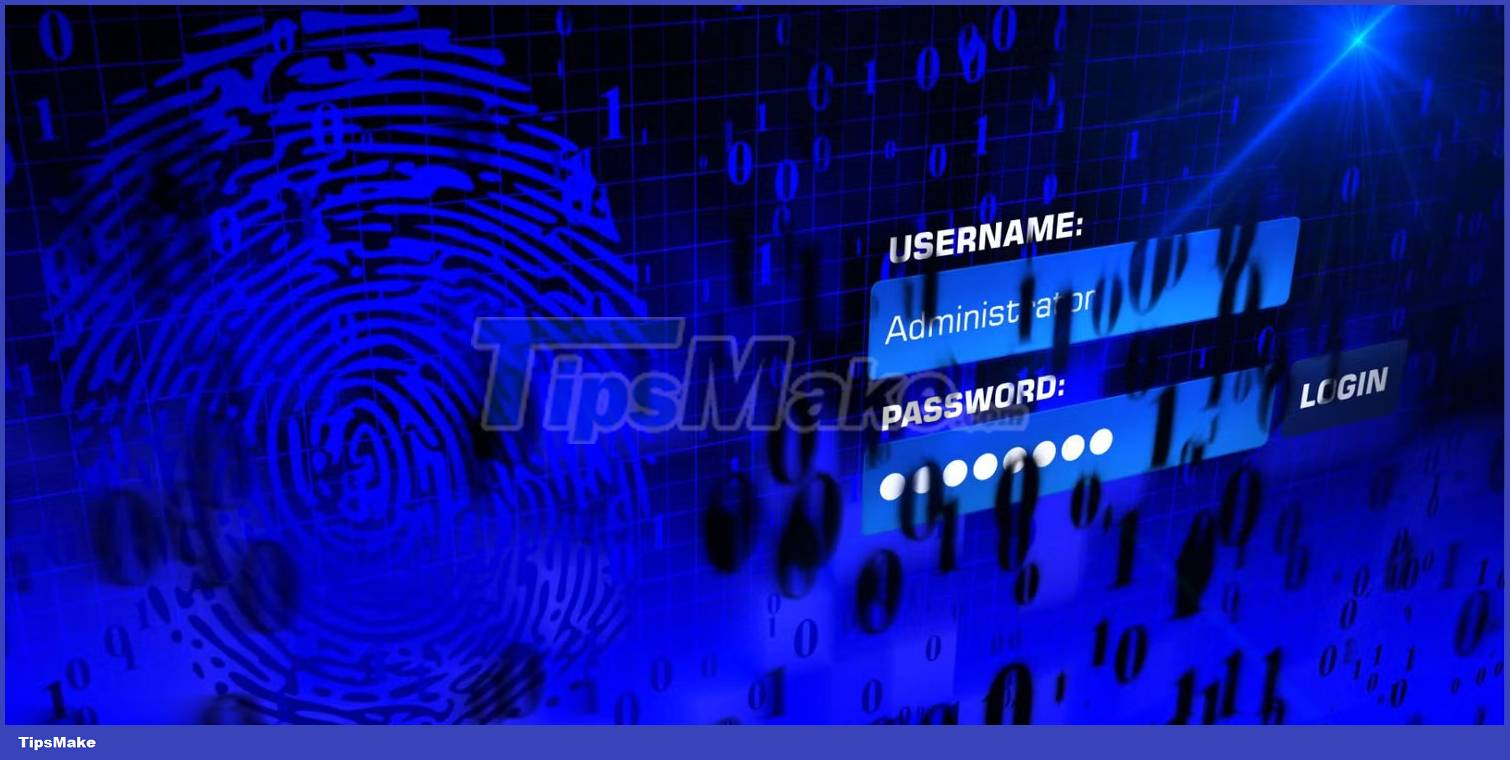Is it more secure to store passwords with hardware or software?
Many of us choose to store our passwords digitally because it saves space, time, and hassle. But there isn't just one method of storing passwords digitally. Now you can choose from a multitude of options, some using hardware, some using software, even both at the same time. But between hardware and software password storage, which is more secure? Is one option superior to the other in terms of security?
What is hardware password storage?
Hardware password storage involves using physical devices, such as SSDs and flash drives, to store your passwords. Let's say you use a simple USB to store your passwords. This is considered a type of hardware storage.
The following devices are commonly used to store data:
- .
- SSD drives.
- Flash drive.
- Random access memory (RAM).
- Read-only memory (ROM).
The above devices and components all store data in different ways. You can also use older types of storage, such as floppy or magnetic disk (MDM), but such methods are rarely used today.
If you want to store your passwords in a portable hardware device, you can use a portable HDD, SSD, or USB drive. They are sold by thousands of online vendors, as well as many physical stores. Depending on the brand, memory capacity, and speed, the prices of those devices can vary widely.
However, these three storage options are not designed specifically for storing sensitive data, meaning unauthorized parties can more easily access them if given the opportunity. For example, if someone comes across your portable SSD and you have no layer of protection to keep the data it stores safe, that person can very easily access your password by connecting the SSD to the PC. The same goes for portable hard drives and USB flash drives.
But don't worry: there are hardware options specifically designed for storing sensitive data. Encrypted USB drives, such as the Kingston IronKey, are a popular choice for those who want to store data with hardware but don't want to deal with the vulnerabilities that conventional storage devices have. An encrypted USB can come with many useful security features, such as password protection, data encryption, and multi-password recovery.
However, there are ways you can encrypt a regular USB stick with flash drive encryption software, such as DriveCrypt and Rohos. Make sure you're using a trusted software program if you want to do this, so you're sure your password is actually being encrypted.
You can also use a basic electronic password device, such as a PIN-Master, which stores your password in an offline and encrypted setting. These are fairly low-tech devices, but sometimes less is better, as the lack of an Internet connection can disrupt remote attacks.
What is password storage software?

Store passwords with software that uses software programs, such as applications, to store login information.
You can really use a huge number of apps to store your passwords. Any application that allows you to store plaintext data, such as a digital notepad, is technically sufficient. However, these apps are not made to secure your data. Instead, they just store it for you.
To store your passwords with software, it's best to use a reliable password manager.
Password manager apps have become incredibly popular over the past decade, with people looking for an efficient yet secure way to store their passwords. There's nothing more convenient than having an app right on your phone or computer that stores all your login details, for e-commerce sites, social networks, banking platforms or something like that. You can also use a password manager to store other types of valuable information, such as passport details or social security numbers.
A legitimate password manager doesn't just keep your passwords nearby for easy access. These apps use a variety of security measures to ensure that only you can access this sensitive data. This will be discussed in more detail a bit later, but it's worth noting if you're worried about storing passwords with software.
Some password managers charge a fee, while others are completely free. Typically, a manager app will keep certain features behind the claim, meaning you need to be a premium user to access the full app.
What type of storage is best for your passwords?

Neither hardware nor software storage is a bad choice for keeping your passwords safe. Both hardware and software can provide you with solid methods of storing passwords, but each has its pros and cons.
Pros and cons of hardware password storage
When it comes to hardware storage, one of the biggest hurdles is finding a device that can protect your passwords without spending too much money. Of course, hardware tends to be more expensive than software, some portable hard drives and SSDs can cost hundreds of dollars and often don't come with security features. Furthermore, encrypted flash drives can also be very expensive.
Also, if you don't back up data stored on your hardware on another device, the risk increases. If you lose the device on which you store your passwords and don't have a recovery option, you may lose all of your passwords, meaning you won't be able to access many of your accounts. The same is true if you damage your hardware storage device and cannot repair it.
Finally, if you're accessing your passwords on your PC and a hacker has gained remote access to the machine, you run the risk of your passwords being accessed through this cable connection between the hard drive and the computer itself. You can also accidentally import your password file into your PC from a hardware storage device, which will expose the file to malicious actors if your computer is the target.
However, hardware storage methods have one very important property: They can stay offline. A regular SSD, HDD or USB drive does not require any form of online connection to store the data, as the data is sent over a direct connection from the PC to the device itself. Online avenues are often used to steal data, so cutting out this vector will make it a lot harder for bad guys to access your passwords.
Pros and cons of storing passwords with software

The great thing about storing passwords with software is that it's convenient and affordable. Some password managers charge high fees for exclusive features, but this is not the case. Many reputable password managers are either free to use or have premium versions at affordable prices.
On top of that, storing passwords using software can be accessed very easily. You don't need to get a separate device and plug it into your PC. Instead, simply open the app on the device you're using, be it a smartphone, laptop, tablet or similar device, and view your password.
However, password management software is often cloud-based. This means that when you enter the password for storage, the Internet will be used to store the data in the cloud. The problem here is that using an online connection to transfer and store data opens the door for remote attacks. For example, if the connection between a user and a password manager is not secure, an attacker could exploit a security hole to gain access to the data being transmitted.
Cloud storage services often employ a variety of security measures to make cloud storage a safe choice. But no software program is completely free from malware infection or hacking.
However, there are offline password managers that you can use, as well as password managers that offer both online and offline options. However, many password managers still require an online connection as you add more passwords to your vault. Again, this can create a loophole.